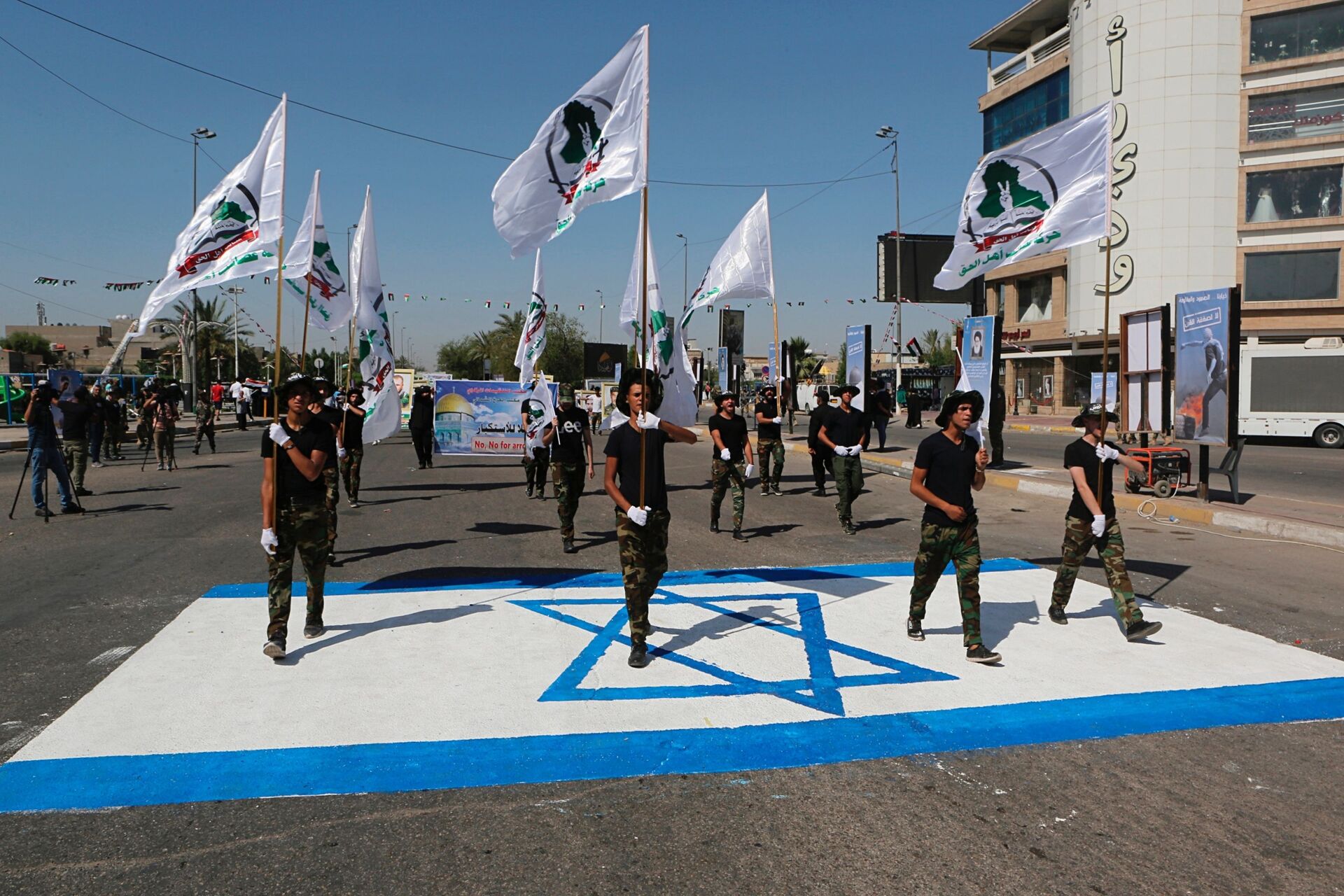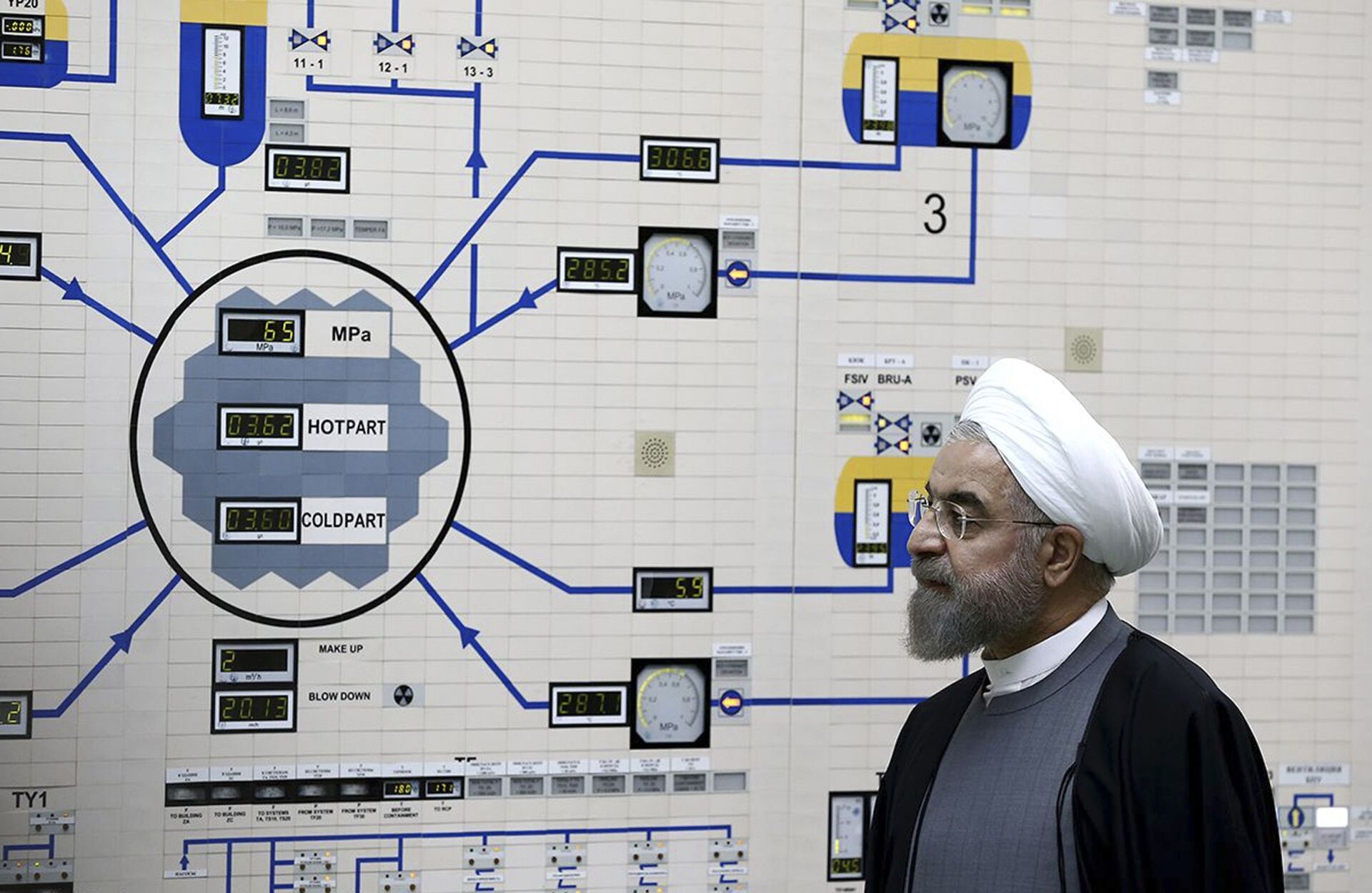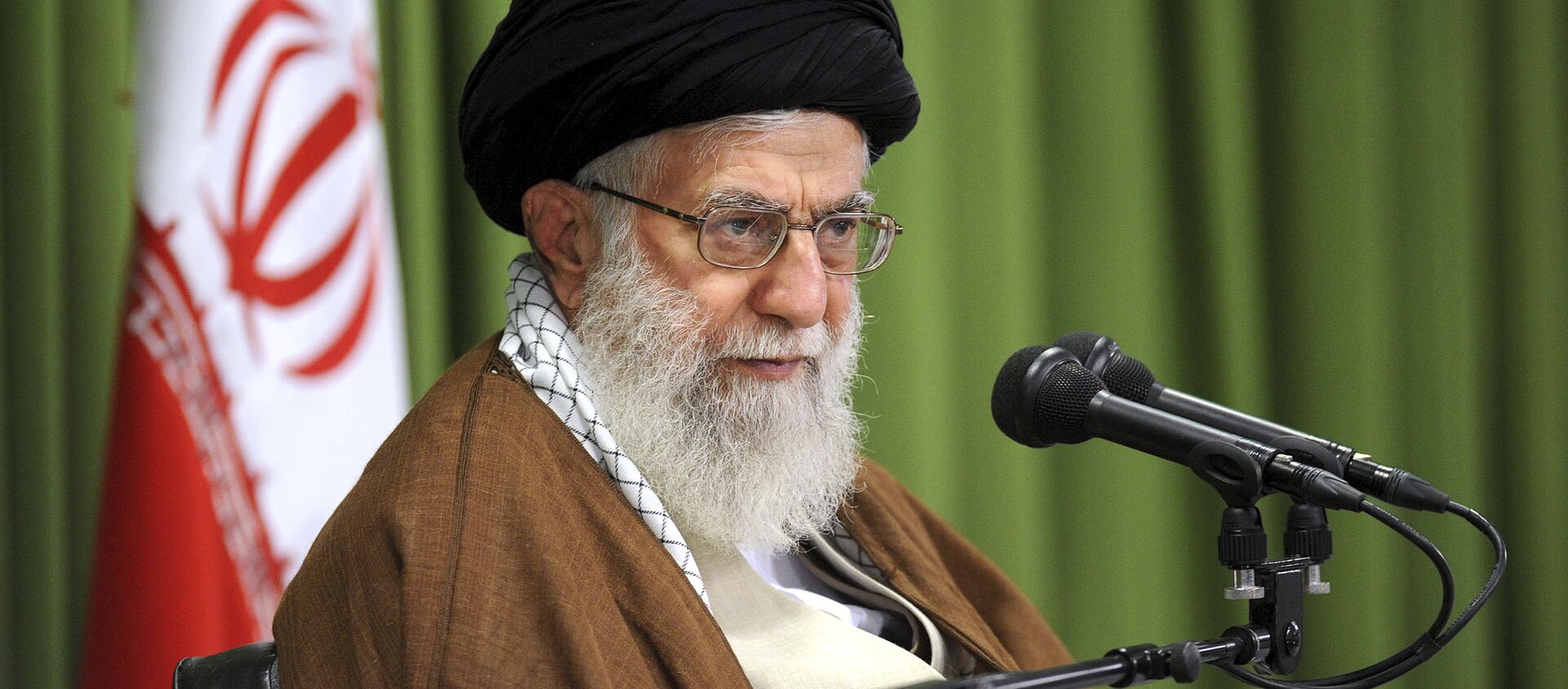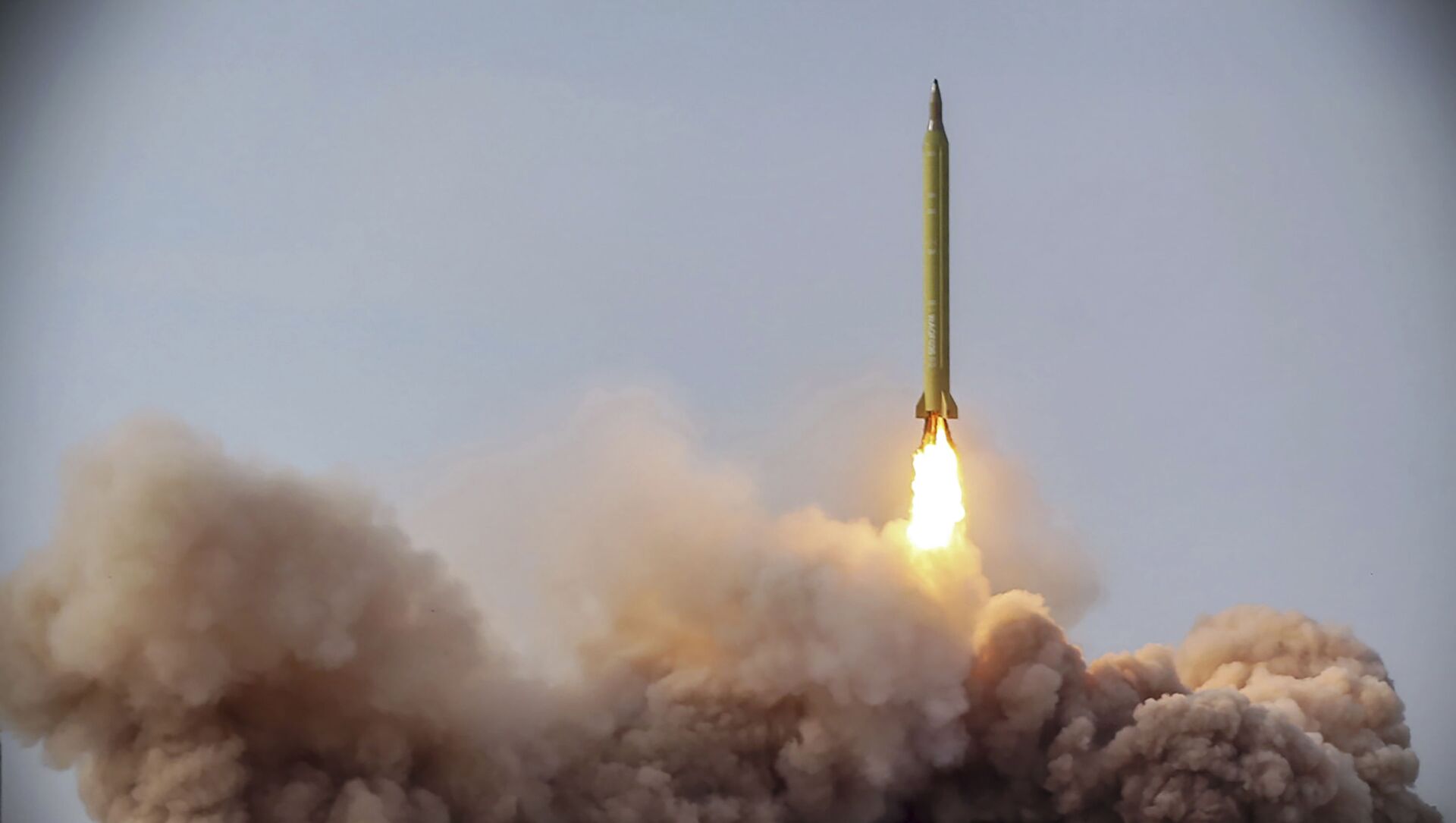The Biden administration’s unhurried approach to the Iran nuclear deal is related to its “focus” on “engagement, partnership discussions with our allies, partners and members of Congress,” State Department spokesman Ned Price has told CNN.
Speaking to the cable news channel on Saturday, Price indicated that if Washington did rejoin the nuclear deal, it would then “use that as a platform for follow-on agreements that would take on other areas of concern,” including Iran’s “ballistic missiles, support for proxies, a number of other issues that are included in that.”
The official did not elaborate on what "proxies" he was talking about, although the US and its Israeli ally have repeatedly accused Iran of bankrolling and providing arms to a range of Lebanese, Iraqi and Palestinian militias, including Hezbollah and Baghdad-allied Shia fighters which joined the Popular Mobilisation Forces in 2014 to battle Daesh (ISIS)*. Israel has used Iran’s alleged support for these militias as justification to engage in illegal aerial operations across the region.

Secretary of State Antony Blinken discussed Iran with the foreign ministers of Germany, France and the UK on Friday, saying that “the Transatlantic relationship” was “central to solving global challenges,” including Iran’s nuclear activities. French Foreign Minister Jean-Yves Le Drian confirmed that the talks included an “in-depth and important conversation on Iran.” Paris has repeatedly suggested that Iran's missiles and "destabilising" regional activities should be considered in any renewed nuclear deal.
Productive discussion with French Foreign Minister @JY_LeDrian, German Foreign Minister @HeikoMaas, and UK Foreign Secretary @DominicRaab today on COVID, Iran, Burma, and other pressing issues. The Transatlantic relationship is central to solving global challenges.
— Secretary Antony Blinken (@SecBlinken) February 5, 2021
We just had a in-depth and important conversation on Iran with @SecBlinken, @Heiko Maas and @DominicRaab to handle together nuclear and regional security challenges. We also touched base on other key pressing issues.
— Jean-Yves Le Drian (@JY_LeDrian) February 5, 2021
As far as Iran’s sizable missile arsenal is concerned, Tehran has said repeatedly that it would not allow its missiles to be tied to the nuclear deal by any administration, Republican or Democrat. The country’s leaders consider its missiles to be their main deterrent against foreign aggression.

Enrichment Activities
One administration official told CNN that Iran’s recent moves to increase its uranium enrichment and stockpiling activities beyond the limits outlined by the JCPOA may have put a renewed nuclear agreement out of reach and made it "all but impossible."
Two unnamed officials also told the outlet that the US assessment of Iran’s nuclear activities is that the Islamic Republic is going to ‘continue pursuing a nuclear weapons programme’ unless Washington lifts its sanctions first.
Iran maintains that it has no intentions of building a nuclear bomb, and has repeatedly demanded that the US and Israel destroy their own stocks of weapons of mass destruction. Tehran eliminated its chemical weapons in the mid-1990s before joining the Chemical Weapons Convention, and did not use the weapons during its war with Iraq in the 1980s.

Stalled Agreement
On the campaign trail, Joe Biden hinted at the need to reverse Trump’s Iran policy and to rejoin the nuclear deal abrogated by the Republican president. Iranian officials expressed cautious optimism over the idea, but stressed repeatedly that Tehran would not allow any administration to renegotiate the agreement.
On Saturday, Foreign Minister Mohammad Javad Zarif warned his US colleagues that they have “little time” to rejoin the agreement before a number of factors, including Iranian parliamentary legislation and presidential elections coming up in June, prompt Tehran to harden its stance on the nuclear accord.
* A terrorist group outlawed in Russia and many other countries.


